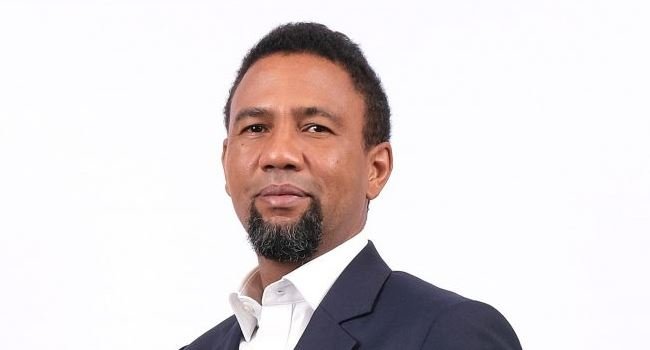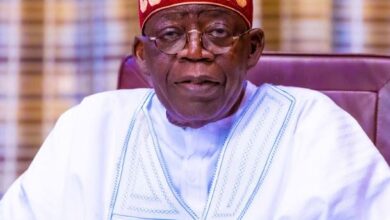MTN CEO Warns Of Shutdown Without Tariff Increase

MTN Nigeria, the nation’s largest telecommunications operator, has sounded the alarm over the urgent need for the industry to return to profitability in order to sustain its operations. Speaking on Monday during a facility tour by Fellows of the Media Innovation Programme in Ibeju-Lekki, Lagos, MTN CEO Karl Toriola emphasized the critical financial challenges facing the sector.
Toriola, who oversees a network of approximately 78 million subscribers, revealed that the telecommunications industry has been accumulating significant losses, and immediate action is necessary to prevent further decline. According to MTN’s 2023 Sustainability Report, the company has invested N2.6 billion in corporate social responsibility initiatives, but it is now surviving on profits accumulated over the past two decades—a situation Toriola described as unsustainable.
“We must return the industry to profitability,” Toriola stressed, highlighting the necessity for reforms, including tariff adjustments. He pointed out that the company is operating on reserves, which, without intervention, cannot sustain the long-term viability of the business.
Earlier this year, telecom operators, including MTN, called for a tariff hike, the first in 11 years, to address rising operational costs and improve service quality. Without such adjustments, Toriola warned that financial strain would continue to mount, jeopardizing both service quality and the sector’s future.
One of the most pressing issues for telecom operators is the rising cost of powering base transceiver stations, especially with the sharp increase in diesel prices. Toriola warned, “There should be no delusion; if the tariff doesn’t go up, we will shut down,” making it clear that a tariff review is essential to reflect current economic realities.
MTN, once among Nigeria’s top corporate taxpayers, has seen its tax contributions decline due to these financial challenges. In 2024, the company reported a staggering N519.1 billion loss in the first half of the year, largely attributed to foreign exchange losses following the naira’s devaluation and high inflation rates.
The financial strain has also forced MTN and other telecom operators like Airtel to adopt a cautious approach to capital expenditure in 2024. Meanwhile, 9mobile and Globacom, the country’s other mobile operators, are privately held and have not publicly disclosed their financial challenges.
Toriola further highlighted the risk of suspending Unstructured Supplementary Service Data (USSD) banking services, citing a N250 billion debt owed by Nigerian banks. MTN has requested regulatory approval to halt USSD services for banking transactions unless the debt is resolved and tariffs are adjusted.
Despite these challenges, Toriola expressed optimism that Nigeria’s new Central Bank Governor, Yemi Cardoso, and the Executive Vice Chairman of the Nigerian Communications Commission, Dr. Aminu Maida, would intervene to help resolve the ongoing financial crisis in the telecom sector.
In closing, Toriola emphasized the vital role the telecom industry plays in Nigeria’s economy and urged the government and regulatory bodies to act swiftly to avert a potential collapse of the sector. The industry, he argued, cannot continue to operate under the current economic strain without reforms, as its ability to provide essential services depends on immediate action to restore profitability.



